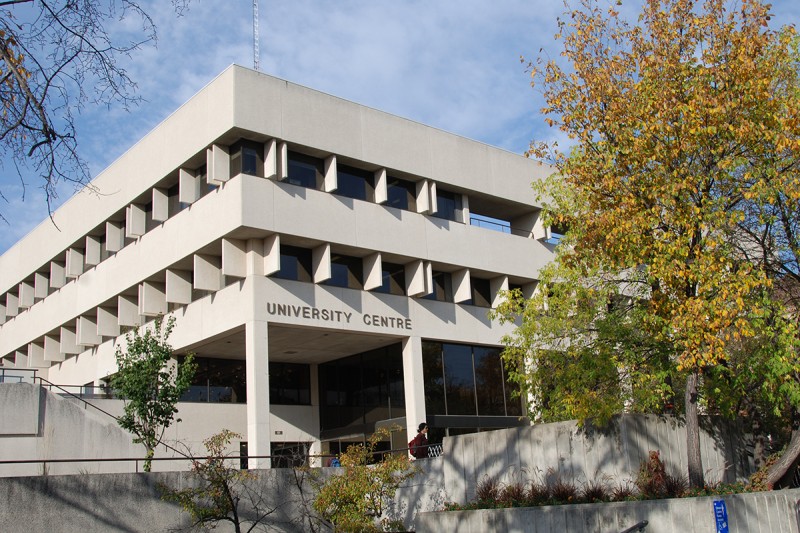
English Language Centre – helping students thrive at UM
Studying course content in a language that is not your own while also learning that language requires additional work, perseverance and dedication. The English Language Centre (ELC) at the University of Manitoba offers a variety of programs to help students whose first language is not English thrive in university. Along with providing tools and strategies that help students improve their oral and written communication skills, ELC programs build self-confidence and can support students who are adjusting to a new cultural environment.
“Students need to feel comfortable with not only general English, but also academic English,” says Alicia Franco-Espinosa, the Director of the ELC. “It is normal to struggle when English is not our first language. Even if students are fluent in English, they may still experience some language barriers. We want to help break down these barriers.”
One of the ELC’s main offerings is the Intensive Academic English Program (IAEP), a full-time program students take before starting their degree that helps them meet UM’s English language proficiency requirement. Anyone over 17 whose first language is not English can apply. In addition to learning in the classroom, IAEP provides opportunities to engage with the community. The Language Partner Volunteer Program matches IAEP Students with volunteers at the beginning of every term and they meet on a weekly basis to practice spoken English.
The ELC also offers Part-Time Academic English Courses (PTAEC) to current UM students who meet the university’s English proficiency requirements, but want to continue improving their academic English skills. Available courses include Oral Presentations, Grammar Review, Research Writing for Graduate Students, and more. The ELC recently launched a new course, Intercultural Communication, to assist students in better communicating and socializing with people from different cultural backgrounds.
Because participating in discussions in larger lecture halls can be intimidating, IAEP and PTAEC sessions have smaller class sizes of about 12 students. This creates an atmosphere where students can feel more comfortable practicing at any stage of their progress. All classes are synchronous and interactive, allowing students to actively engage with their peers, instructors and facilitators.
“Making mistakes, especially when speaking or writing in a different language, is expected, and it is an important part of the learning process,” Franco-Espinosa adds. “Seeking support in academic English language skills is no different from any student seeking help with any other skills or topics. It is simply another component for students that supports their academic success.”
The ELC’s mission to support academic success and participation in the university community remains the same whether people are located in Canada or in their home country. Over the past year, the ELC has successfully delivered all courses remotely and feedback from students shows that the experience has been valuable to them.
More information on the English Language Centre and additional details about their programs such as fees and eligibility requirements can be found at umanitoba.ca/elc.






